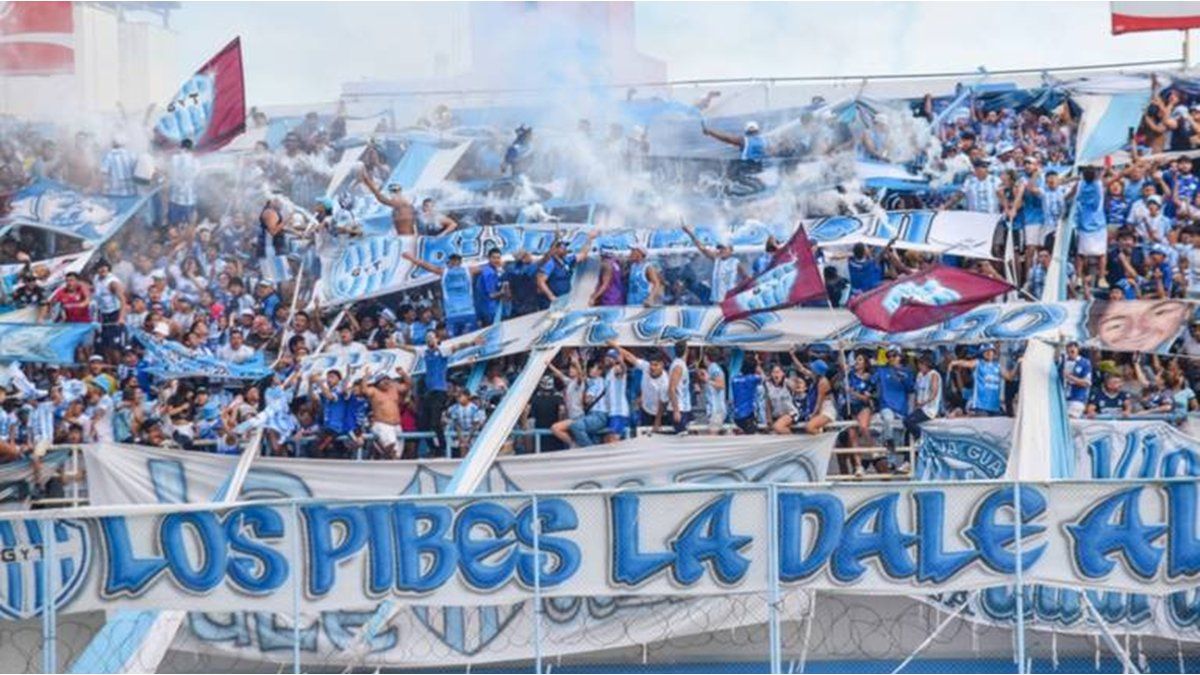Julián Pucheta, Elis García, Karina Barda, Federico Fedele, Victoria Condomi, Pablo Turturiello, Luana Pascual, Lucien Gilabert, Lala Rossi, Julián Rubino, Julieta Rapetta, Renzo Morelli and Camila Ballarini act. The live band is made up of Franco de Paoli on drums, Paula Solange Morales on bass and Gabriel Mathus on guitar. We talked with Caballero and Goldber.
Journalist: How did the work come about?
Marcelo Caballero: The desire to talk about anxiety as a leitmotif led us to explore and discover that it is a phenomenon of large cities. I am from the interior and I came to Buenos Aires at the age of 21 with a small, simple and attainable dream. When I started training and being surrounded by colleagues, that dream changed until I suffered panic attacks. I was running after other people’s dreams and I had forgotten what I wanted. The need for success is contagious, success is a powerful and addictive drug.
Martin Goldberg: Two actors invited us to talk about a topic of the last generations. We thought of the characters that could portray the different situations and although artists suffer from it, lawyers or accountants also fight for that carrot they want to reach. Thus appeared a girl who works at the toll, a doctor who has to be taking pills so as not to fall asleep, an actress who studied all her life but does not appear in the castings, another who does but does not want to dedicate herself to that. It talks about how one’s wishes are forgotten when we enter a wheel.
Q.: Are there addictions to anxiolytics?
MC: There are all kinds of addictions, to pills, to cigarettes but also to people, to work and to leisure. Most of us have some addiction that makes us disconnect from reality. There are twelve characters who are all the time escaping. And they have in common the application that helps them move forward. There is a character who is the application’s personal assistant and remembers when to take the pill.
Q.: How is the application that strings together the characters?
MG: The app helps each one to achieve their goal, be it monetary, love or professional. He does not allow them to escape from there. They have it like a chip and they listen to it 24/7.
MC: The characters are very unhappy, but this is a comedy. They want to be part of the system and they fight, that makes them lovable.
Q.: How is the transition from off to commercial?
MG: Giving this step to Corrientes Street implies more visibility and reaching another type of public that does not go to the independent one. When we premiered we didn’t know what would happen and they began to ask us for the work from Uruguay, Mexico, Peru, Colombia, it was done in Rosario, Mendoza, Tucumán, they asked us for the rights and we tutor the staging. It is done the same but the idiosyncrasy of each place is added, some jokes are changed.
MC: The day of the premiere we sat terrified thinking that no one would understand. We had the feeling that we had written something that came pouring out, but the public began to feel that it was being spoken to directly.
Source: Ambito
David William is a talented author who has made a name for himself in the world of writing. He is a professional author who writes on a wide range of topics, from general interest to opinion news. David is currently working as a writer at 24 hours worlds where he brings his unique perspective and in-depth research to his articles, making them both informative and engaging.




